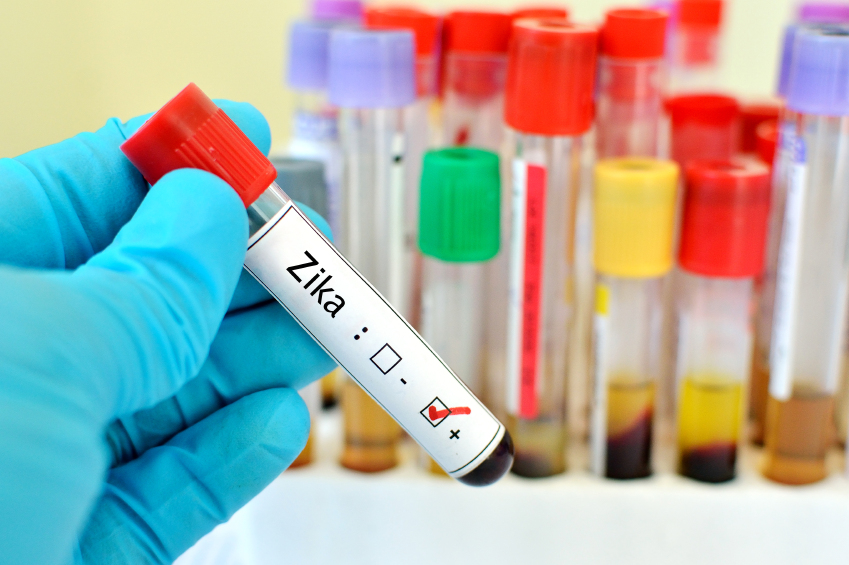
Research into a vaccine for the Zika virus has begun
The World Health Organization officially declared the current Zika virus outbreak as a global health emergency last month. Zika, which is transmitted through mosquitoes, was previously thought to only cause mild symptoms in sufferers, and was mainly confined to Africa and some parts of South East Asia.
However, with the disease spreading rapidly throughout the Americas, and recent unconfirmed links to fetal abnormalities, the race is on to find a cure. Clinical trials of potential vaccines are now being planned by Indian company Bharat Biotech and the National Institute for Allergy and Infectious Disease in the United States.
Read on to find out more about the clinical research process behind bringing this important vaccine to the market.
The Zika Virus Explained for Students Taking Clinical Research Courses
No vaccine has ever been developed for Zika because up until recently, the symptoms sufferers experienced were thought to be quite minor. Approximately 80 per cent of people infected would not become ill at all, with the remaining 20 per cent experiencing mild fevers, rashes, joint pains, and red eyes that subsided within about a week.
However, it was recently discovered that Zika may be linked to the rare birth defect microcephaly, which causes babies to be born with abnormally small heads, and can hinder brain development. A surge in cases of microcephaly has been reported in Brazil since Zika spread there last year.

The Zika virus is particularly dangerous to pregnant women
Clinical Research Training Factfile: The Zika Vaccine Trials
Bharat Biotech in India is currently leading the race to develop a Zika vaccine. Students enrolled in clinical research courses will be interested to note that Bharat’s scientists were originally researching vaccines for Chikungunya and dengue fever—which are also spread by mosquitoes—before switching their focus to Zika after the outbreak.
Bharat are currently beginning pre-clinical trials on animals. They will test both a recombinant vaccine, which contains Zika DNA but not the virus itself, and an inactivated vaccine, which contains particles of the virus that have been altered to no longer cause infection, while still triggering an immune response.
Meanwhile, the National Institute for Allergy and infectious Disease in the United States are hoping to trial two vaccines before the end of the year, one of which is based on an undeveloped treatment for West Nile Virus.
Challenges to the Clinical Research Process and Other Efforts to Fight Zika
As clinical research training students know, trialing a new drug can take years, and scientists involved in both studies have warned the public that a vaccine won’t necessarily be available in time to fight the current outbreak.
In the meantime, a team of clinical researchers in the UK is taking a different approach. They developed a strain of mosquitoes whose offspring soon die out, and have released them in Eldorado in Brazil, causing the mosquito population to die out and reducing the number of reported Zika cases in the region significantly. The WHO has also urged pregnant women not to travel to 22 affected countries across Latin America, Africa and the South Pacific.

Researchers are working to reduce the mosquito population in affected regions
Interested in playing a crucial role in finding cures to serious diseases?
Contact us to learn more about clinical research careers.



